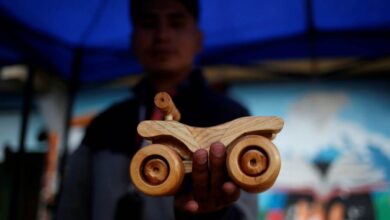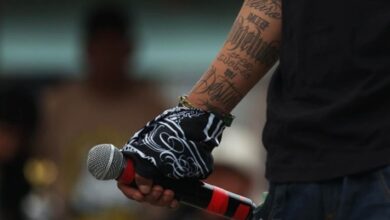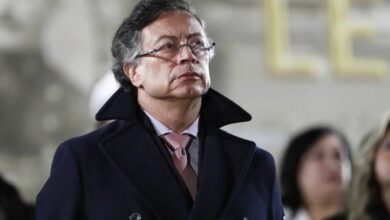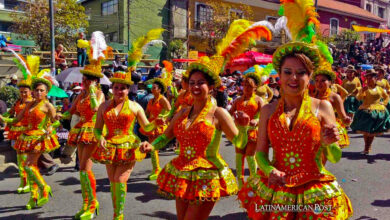Political Warfare in Bolivia as Morales and Arce Battle for MAS
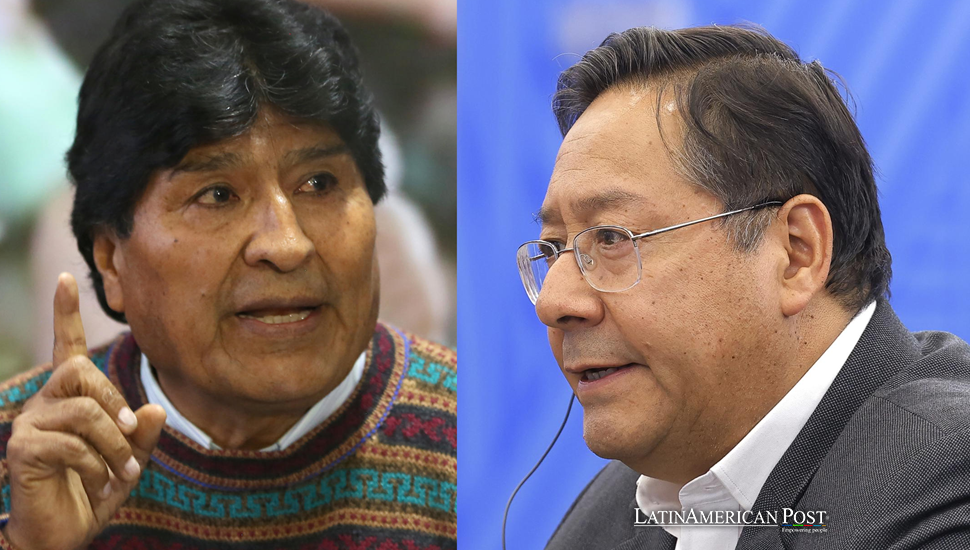
In Bolivia, escalating tensions between former President Evo Morales and current President Luis Arce underscores deep divisions within the ruling MAS party. As both men prepare for the 2025 elections, the accusations and violence risk further destabilizing the nation.
The Escalating Morales-Arce Rivalry
The latest chapter in Bolivia’s political drama reveals a stark divide between former allies turned adversaries—former President Evo Morales and current President Luis Arce. Morales, a seasoned politician who led Bolivia from 2006 to 2019, recently alleged an assassination attempt, accusing the Bolivian government of conspiring against him. Meanwhile, Arce’s government dismissed Morales’s claims as fabricated, suggesting Morales staged the attack to gain political sympathy and further strain the MAS party.
The MAS (Movimiento al Socialismo) party, which has unified Indigenous and working-class Bolivians, is now on the verge of fracture due to Morales and Arce’s rivalry. As both vie to represent MAS in the 2025 presidential race, their feud could erode the party’s influence and bring new instability to Bolivia.
Morales’s Claims of an Assassination Attempt
Former President Evo Morales has never shied away from confrontation, and his recent claims shocked his supporters and political observers. Morales reported that his car was attacked while traveling to a radio interview, alleging that masked assailants fired shots at him and wounded his driver. His statement, shared widely on social media and backed by graphic images of bullet-ridden windows, described a coordinated effort to “eliminate” him.
Morales’s allegations raised concerns among his supporters, particularly those who view him as a symbol of resistance against what they see as a corrupt establishment. However, Morales’s critics argue that his claims lack credibility, seeing them as a tactic to garner sympathy and fuel the longstanding tension with President Arce. The Bolivian government’s response was swift, accusing Morales of fabricating the incident, claiming that his convoy attempted to evade police and ran a checkpoint, resulting in the shooting. This official account undermines Morales’s version of events and casts doubt on his claims.
Arce’s Government Strikes Back
President Arce’s government did not hesitate to confront Morales’s claims, portraying them as stunts. Government Minister Eduardo del Castillo held a news conference to provide an alternative narrative, asserting that Morales’s convoy was intercepted due to suspected criminal activity, including alleged drug transport. According to del Castillo, Morales’s vehicles ignored a police checkpoint. They even injured an officer in the process, prompting officers to respond with gunfire. The minister’s statement was clear: Morales’s claims were political “theater.”
This rebuttal from Arce’s administration discredits Morales and highlights the high-stakes conflict within MAS. The rivalry threatens to undermine the party’s unity and effectiveness, risking its hold on the government and endangering the stability that MAS has symbolized for many Bolivians. Morales’s divisive claims fuel a volatile situation, intensifying the factionalism that could splinter MAS’s support base. If Morales’s actions continue to divide the party, it could weaken MAS’s political dominance and embolden its opponents.
A Power Struggle with High-Stakes Consequences
The rift between Morales and Arce is more than a personal rivalry—it has significant implications for Bolivia’s political future. As MAS leaders, Morales and Arce have built a formidable political movement centered on Indigenous rights, social equality, and anti-imperialism. However, their recent actions reveal a deep ideological and strategic division that could have lasting consequences for MAS and Bolivia.
With the 2025 elections on the horizon, both men are positioning themselves as the rightful leader of MAS. Morales has a dedicated following due to his history as Bolivia’s first Indigenous president and deep roots among the country’s Indigenous communities. However, his accusations against the government and confrontational tactics could alienate moderate supporters and make MAS seem fractured and untrustworthy.
Arce, on the other hand, represents continuity for MAS in government. His administration is trying to maintain stability in the face of economic challenges and mounting opposition from conservative factions. Arce signals that he prioritizes governance over political spectacle by accusing Morales of destabilizing tactics. His camp sees Morales’s actions as a dangerous distraction that undermines the legitimacy of MAS as a ruling party.
The Future of MAS and Bolivia’s Political Landscape
As Morales and Arce continue to trade accusations, the fractures within MAS are becoming increasingly visible. Suppose the party cannot reconcile its internal divisions. In that case, it risks losing its political dominance for nearly two decades. Furthermore, if Morales’s supporters feel disenfranchised, they may rally independently of MAS, potentially weakening the party’s unified voice and emboldening its political opponents.
The implications of this divide extend beyond MAS. Bolivia’s history is fraught with political instability, and the current situation threatens to reopen old wounds. MAS has historically sought to address economic struggles, social inequality, and political corruption. Still, internal conflict could make it difficult for the party to maintain its focus on these priorities.
As Bolivia’s most prominent Indigenous leader, Morales remains an influential figure whose influence cannot be discounted. However, if his conflict with Arce spirals out of control, it could damage his legacy and erode the movement he helped build. The division within MAS could tarnish Morales’s image as a unifying figure and weaken the movement’s influence. For President Arce, managing the Morales faction’s grievances without alienating key supporters is essential for governing effectively and keeping MAS’s coalition intact. Both leaders’ actions in the coming months will determine the future of MAS. They could shape Bolivia’s political landscape for years to come.
Also read: United Front Needed to Prevent Venezuelan Maduro’s Continued Rule
In Bolivia’s charged political climate, the Morales-Arce rivalry underscores the dangers of division within a powerful movement. It also highlights the urgent need for unity to preserve stability and ensure a prosperous future for MAS and Bolivia.


